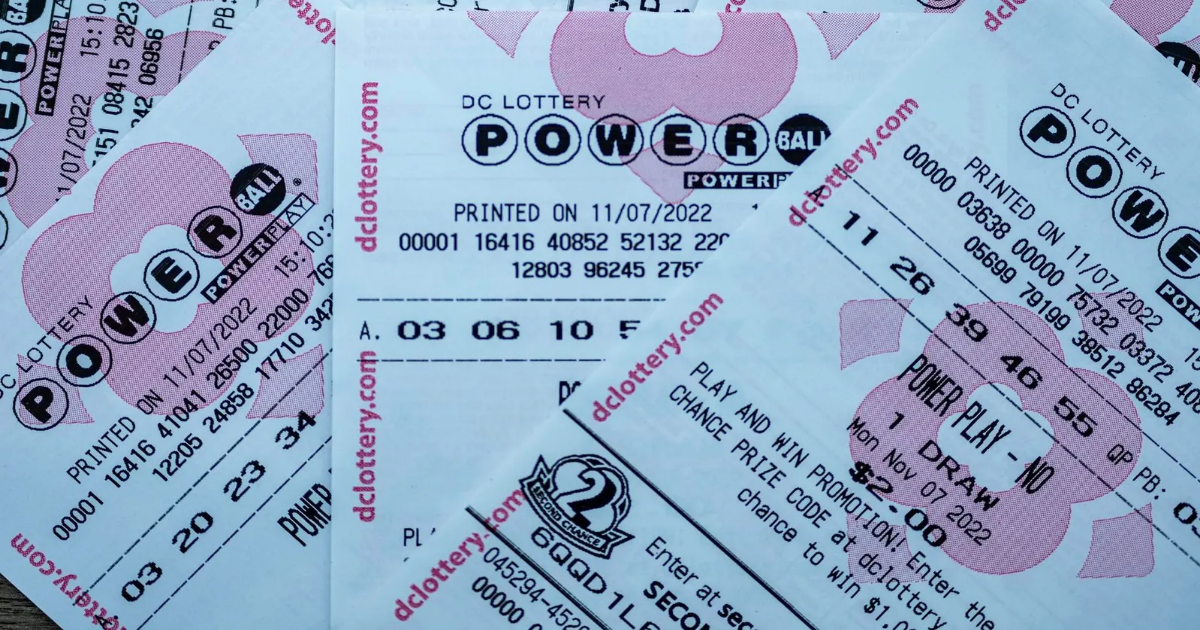The Powerball jackpot ticked up to $426 million after no winners were drawn Saturday night, but a lucky winner or winners would take home substantially less after paying federal and state taxes on their winnings.
Winners from Monday’s upcoming drawing could get either $426 million in installments or a lump sum of $193.5 million, but that would get slashed significantly after taxes.
Getty Images
Key Facts
No tickets were sold matching all of Saturday’s numbers (6, 18, 34, 35, 36, and Powerball number 2), raising the jackpot again for Monday’s upcoming drawing.
If a winner is drawn Monday, they will have the option of either accepting the $426 million prize spread out over 30 annualized payments, or take the lump sum of $193.5 million, which is the more popular option for winners.
However, a federal withholding tax of 24% is applied to that jackpot, bringing the winnings down to $323.7 million, or $147 million for the lump sum.
The winnings are then taxed based on the winners income—which could rise as high as 37% for Americans in the highest tax bracket, bringing the final winnings for the lump sum down to $121.9 million.
State taxes then reduce this jackpot even further, with New York charging the highest rate at 10.9%, though some states, including California, Florida and Texas, do not tax winnings.
What To Watch For
The next drawing is scheduled for Monday night at 10:59 p.m. EDT. If no winner is drawn Monday, the next drawings will take place Wednesday and Saturday.
Key Background
The odds for winning the Powerball jackpot are 1 in 292.2 million, according to the lottery organizers. The odds of winning the $1 million prize (with a ticket matching five numbers without the Powerball number) are 1 in 11.6 million.
Big Number
$526 million. That’s how much a lucky winner in California got after purchasing a winning ticket in March. Because that player won in the Golden State, they did not have to pay state taxes on those winnings.
